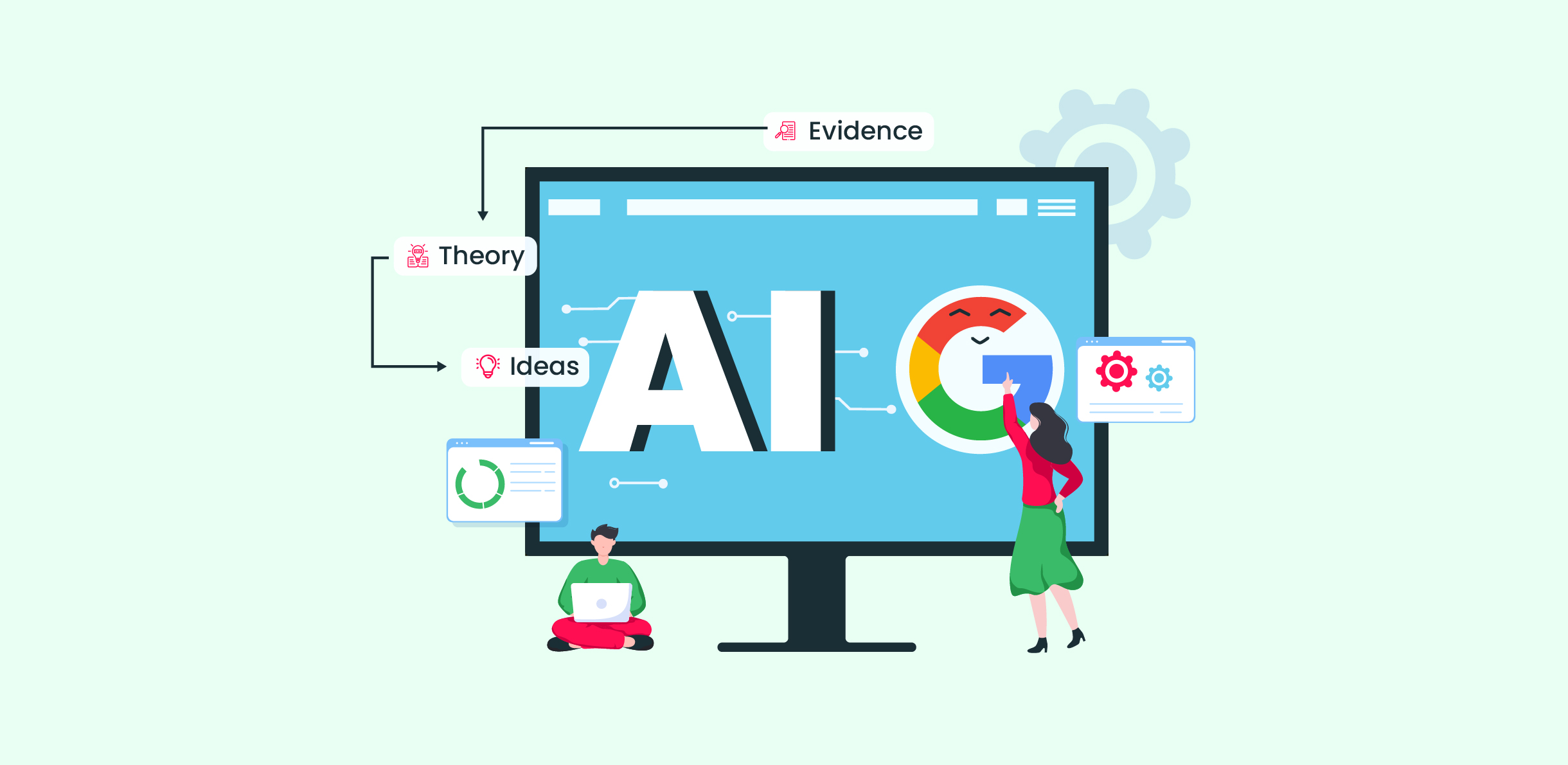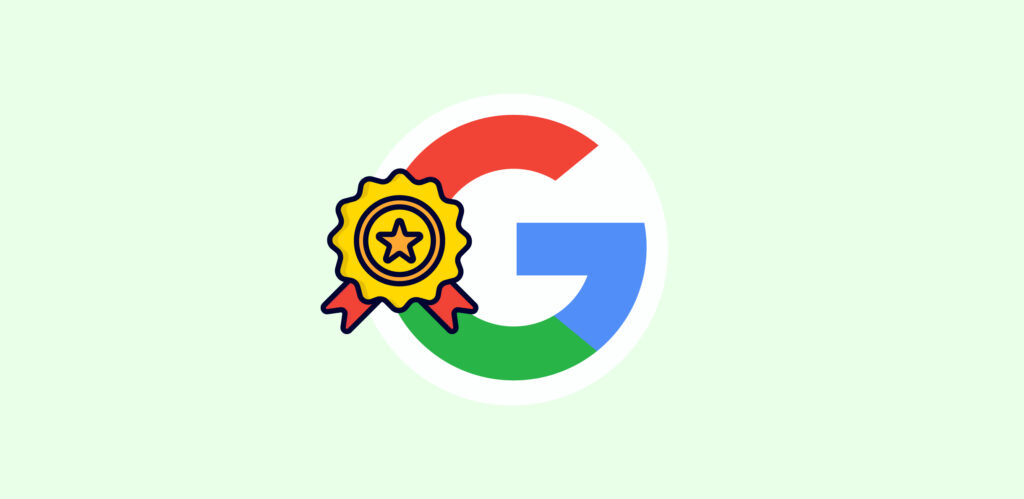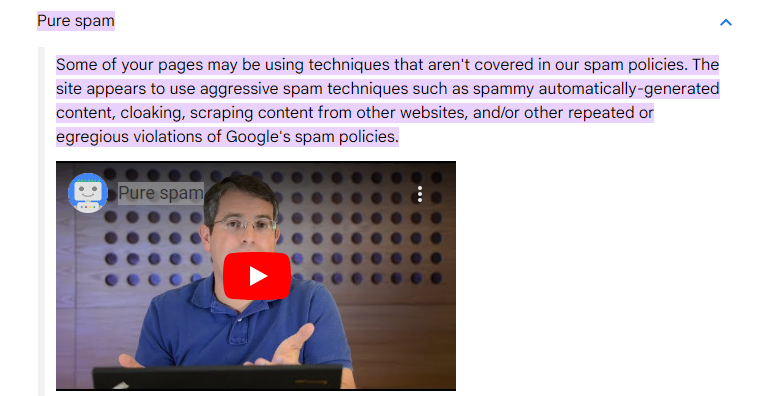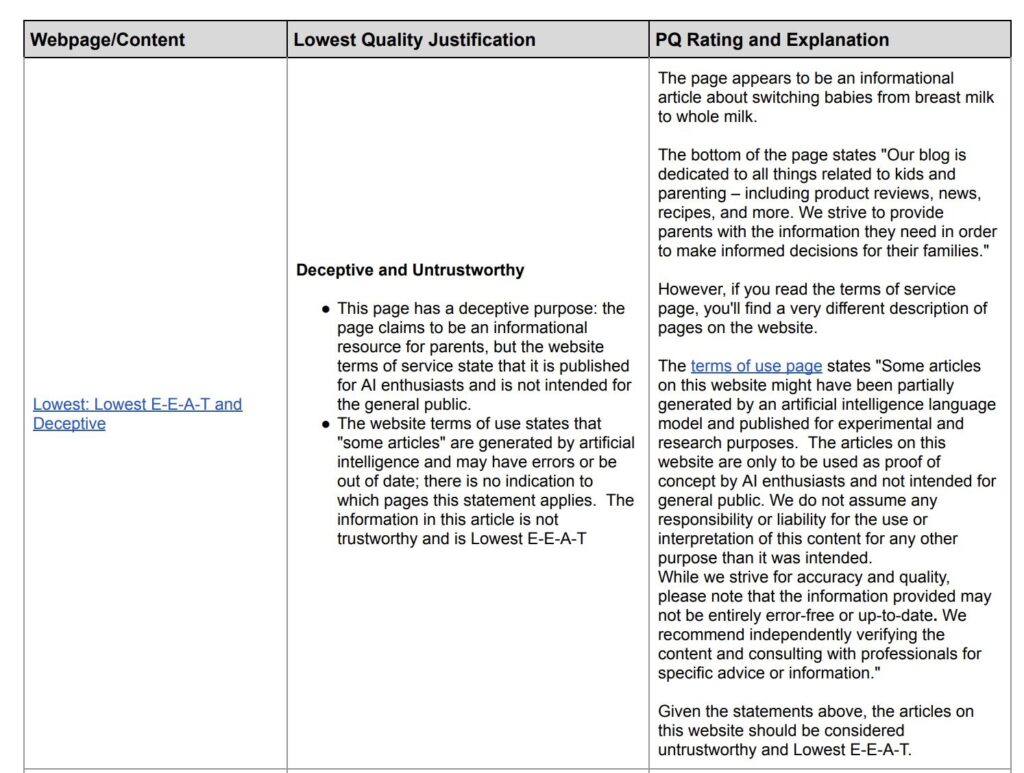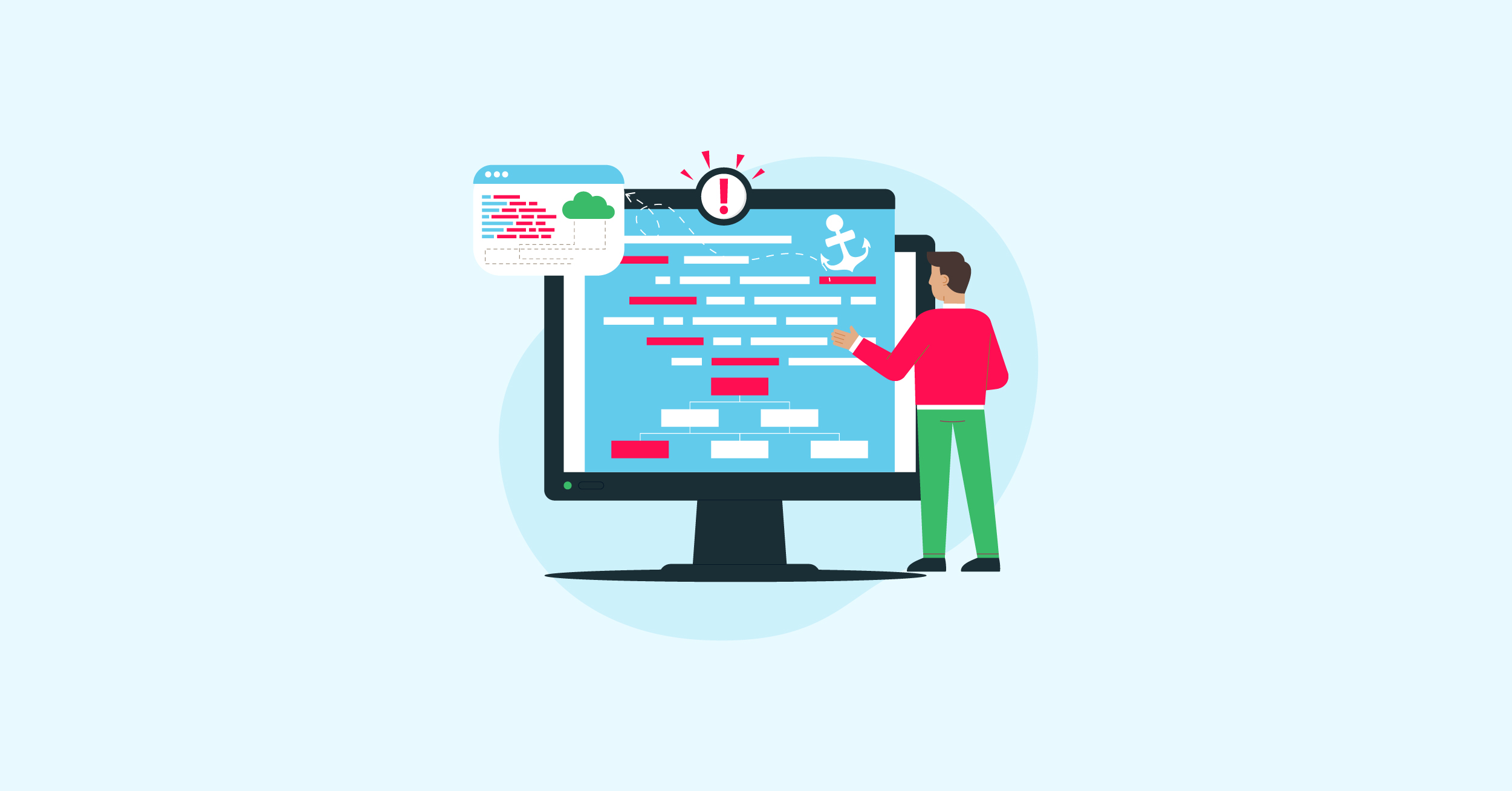Google’s Stance on AI Generated Content: Evidence, Theory & Ideas
Ever since AI content became easily accessible, people have been wondering whether the easily acquired content can help websites in ranking. The short answer is, Yes and No. The question you ask isn’t simple, but you should have your answer by the end of this article, along with an idea of how to proceed further with content generation from now on.
Evidence: Google’s Only Concerned with Quality
Google has been quite adamant about things when it comes to content and makes sure that anyone and everyone in SEO is aware of the importance of EEAT. Even though Google has stated clearly that it only looks for content that is helpful to the user, regardless of whether it was made via AI or by Human writers, the evidence we found seems a bit divided.
Many believed that it was the use of AI content that led to many sites being deindexed by Google during March 2024 (back when the update was rolling out). Multiple Reddit threads like this one popped up with people complaining about their sites getting deindexed. The chatter online that this update might be specifically targeting AI content was buzzing, as many websites got a manual action penalty along with being deindexed for around 2 days. Later on, some of these sites reported that they had gotten indexed again with the manual action penalty being removed.
However, when John Mueller’s website got deindexed, everyone knew that it wasn’t AI content that the update was specifically targeting. But speculations aside, one of the common things found with most websites that were hit with the manual action and deindexation was Google calling it “Pure Spam”.
Pure Spam, according to Google is defined as follows:
The main focus that Google had behind was tackling spammy low-quality content. So, it was never about the AI, but rather the quality. During this time Natzir pointed out the change in Google’s Quality Rater Guidelines on exactly how Google will be determining content quality.
Theory: Why AI Content Websites Were Affected?
With Google cracking down specifically on lowest-quality content, the classification for low-quality content has obviously become a lot more strict than it was previously. Currently, Google can’t fact-check every blog its crawlers come across. And the number of blogs being put up every day has only increased since ChatGPT and other AI tools.
Since AI content can be made in mere minutes, the larger task isn’t publishing but rather editing and fact-checking. This was one of the reasons why many websites using AI-generated content had to put up a disclaimer clause saying that some content may not be accurate as it could be AI-generated. However, websites with this disclaimer put Google at a disadvantage in knowing exactly which content is fact-checked and reliable versus which content could be misleading.
Thus, more websites with AI content were seemingly affected compared to human-written websites. Here’s a picture of the recent addition to Search Quality Rater Guidelines to drive our point home.
This does not mean that Google is against AI content, but it does showcase that Google values quality over quantity. Google already clarified its stance on AI-generated content a year ago, stating that it doesn’t matter who makes the content as long as it is helpful.
AI vs. Human Content: The Core Competence
Of course, whether you’re getting your content written by people or with AI, there are certain perks you get and miss out on others.
If you choose to go with AI content then you’ll be getting:
- Lowered Costs: Since AI is practically free, content generation becomes cheap. Even if you do have to employ people to edit and check the content the cost should still be considerably lower compared to hiring human writers.
- Time-Benefit: AI can generate content in a matter of seconds. Even if you’re going for a large piece, AI won’t take more than a few minutes to give you a complete piece.
- Scalability: Thanks to AI, instead of having to spend weeks creating a limited number of blogs, you can virtually create a hundred blogs in a single week without any hassle.
Now let’s discuss how Human writers might be a better option:
- Authenticity: Humans may cost more and take more time, but their content will likely be more authentic. With proper research and references, you know that each piece of content created is true, in every sense of the word.
- Creativity: One of the few things AI still falls short on is creativity. Sure, you can get run-of-the-mill stuff with AI easily, but writers are more in tune with your audience and can use terms, phrases, and even metaphors that perfectly align with your target audience. Even with a large amount of processing, right now AI still can’t come close to the creative ideas human generate.
- Quality: When it comes to quality humans still have the upper hand. Human writers can establish a rapport with the target audience, whereas AI’s tone will mostly be generic until edited. This also leads to better trust in your content from your target audience.
What Does Research Say?
Well, for now, the results seem divided from study to study on whether AI content is better or whether Humans still rule the realm. An MIT study indicates that readers have a bias toward human content, often preferring content after finding out it was written by humans instead of AI. However, it needs to be acknowledged that AI content did perform slightly better at delivering satisfaction to the 1,212 participants of the study.
Followed by AI content was the AI AI-augmented content, where humans had edited the draft churned out by AI. AI triumphed even when it came to copywriting and creating perceived value. The AI being used in content generation was ChatGPT-4 a premium version of the free LLM.
Do keep in mind this study is talking about satisfaction and not rankings. When it comes to ranking, we looked up another case study by Marketing Insider Group. This study was using the relatively inferior ChatGPT 3.5 to generate content. The study used AI, the Hybrid Model (AI content augmented via Humans), and Humans to write up 60 Blog Posts (20 each).
Marketing Insider found out that Human content surpassed AI significantly, in most areas. Furthermore, since the study was focused on rankings, we can gather conclusively that AI content does rank. One of the main findings of the study was that AI lacked the depth that Human-written content could provide. However, it also pointed out that the Hybrid Model showed potential.
According to them, AI content was found struggling to keep consistent rankings and often fell down the SERPs instead of climbing up. While the Hybrid content model did have its moments of success, in some instances even surpassing human content, these moments were quite inconsistent.
On top of that, when it came to Web Traffic, Human content easily outperformed AI and Hybrid content. While AI did have one post that brought a lot of traffic, getting success 5% of the time isn’t the odds many would be interested in.
However, AI did get the benefit of visibility thanks to its 1 excellent post, resulting in high visibility initially. But this advantage declined as the study progressed. The Hybrid content model occasionally did surpass human content but again these achievements were inconsistent.
Ideas: What’s the Best Way Right Now?
Since the studies are still seemingly divided on what performs better, the best idea would be to have more checks in place to ensure quality. While AI will provide you with scalability it may come with risks and strings attached.
The prudent method would be to fact-check every single factor in your content if you’re getting it made via AI. Moreover, make sure that any content piece you publish is as helpful as possible since that is a confirmed way to rank up the SERPs.
If you’re going for Human content, the expertise of your writers will decide how much quality you can produce, and the quantity will always be limited. However, if you go with the Hybrid model, then you may be able to benefit from scalability without having to sacrifice quality.
One thing we do recommend is experimentation. If you already have human writers, you can test the efficiency of AI yourself and should have the result in a short amount of time. However, if you’re already working with AI only, and still ranking up, you’re set on the right path.
To conclusively emphasize, our point is, “If it ain’t broke, no need to fix it. And if it is, Pivot!

